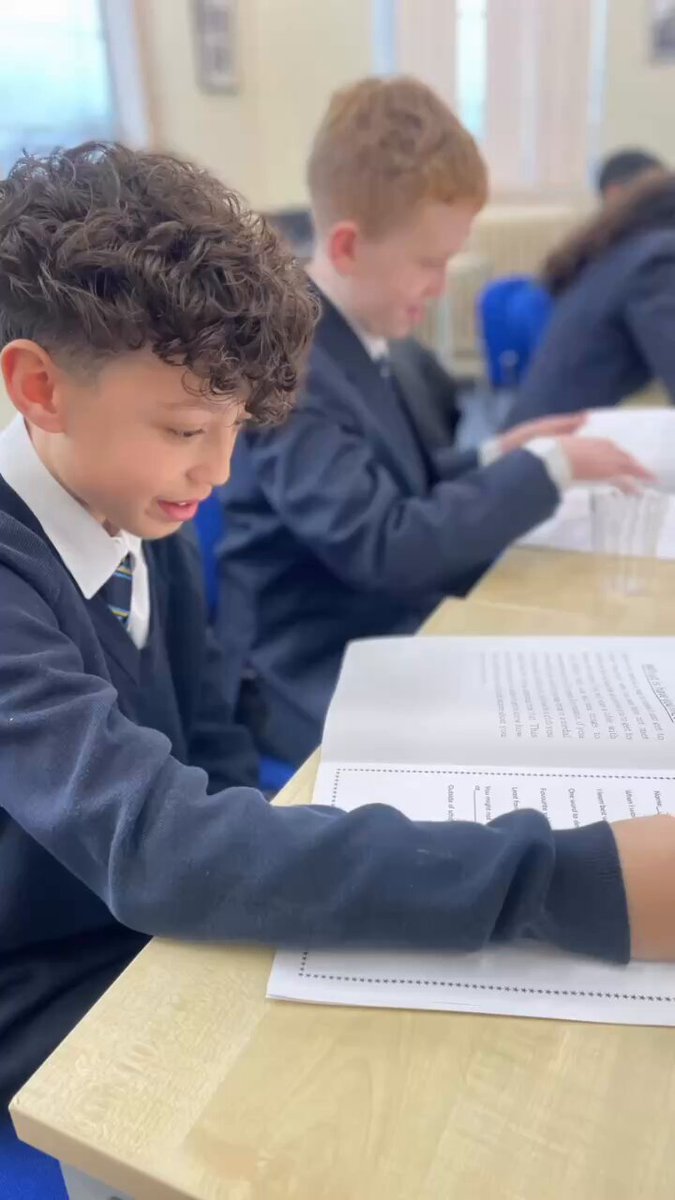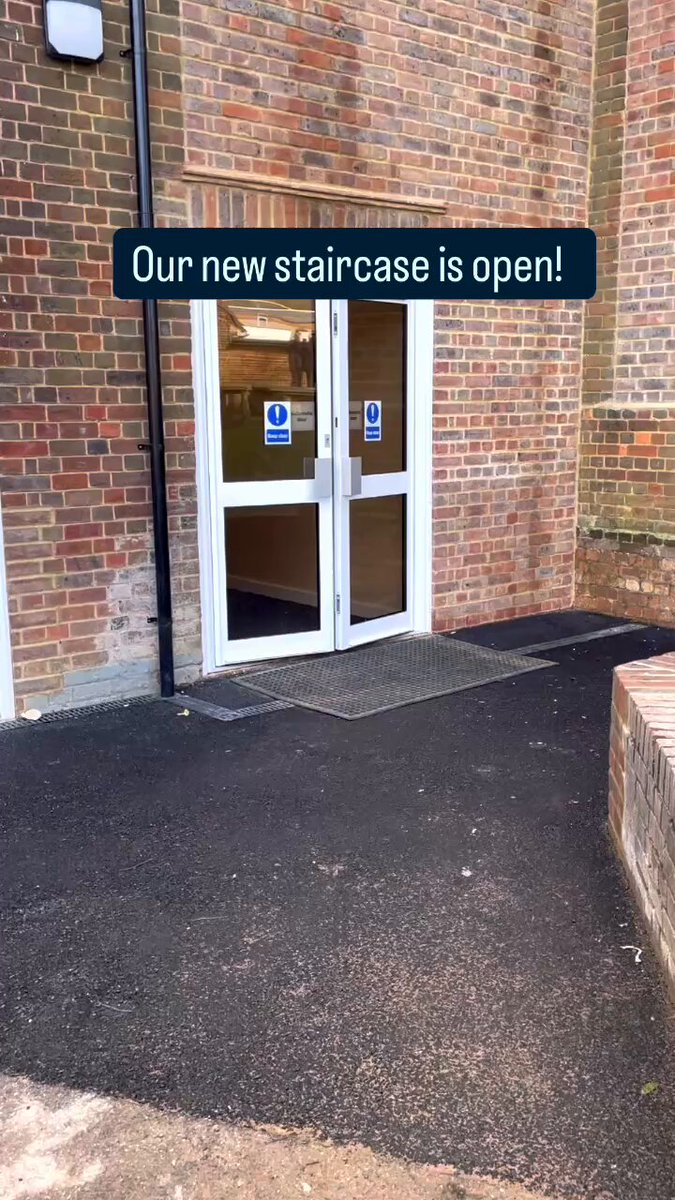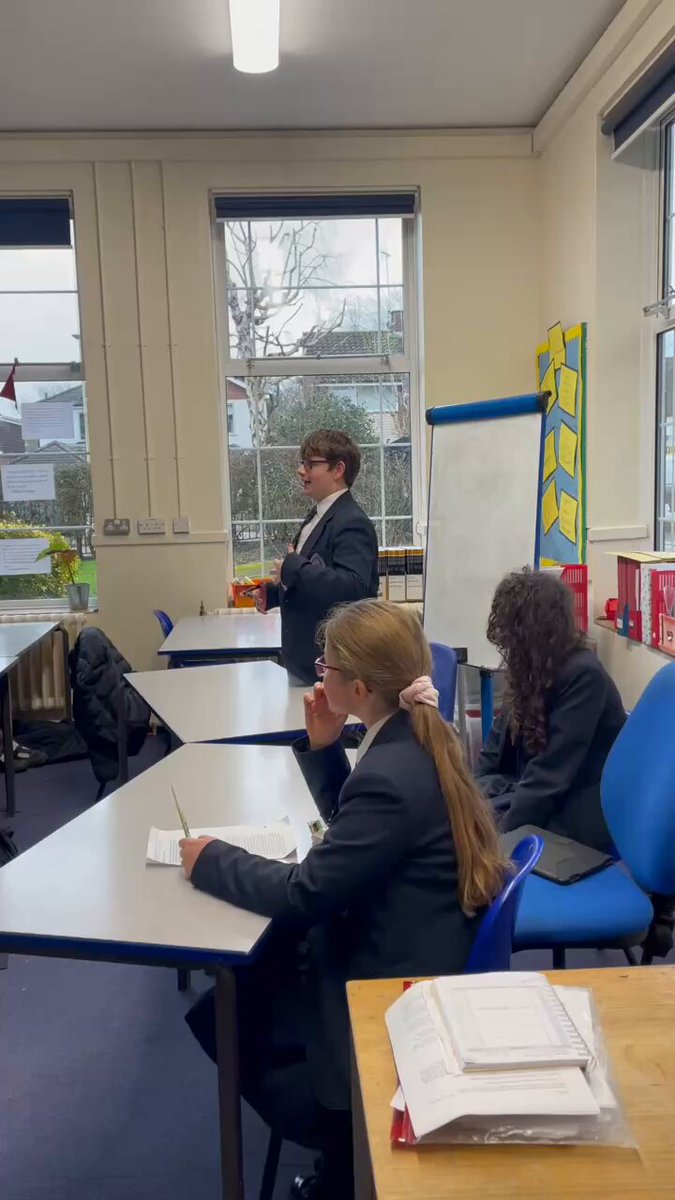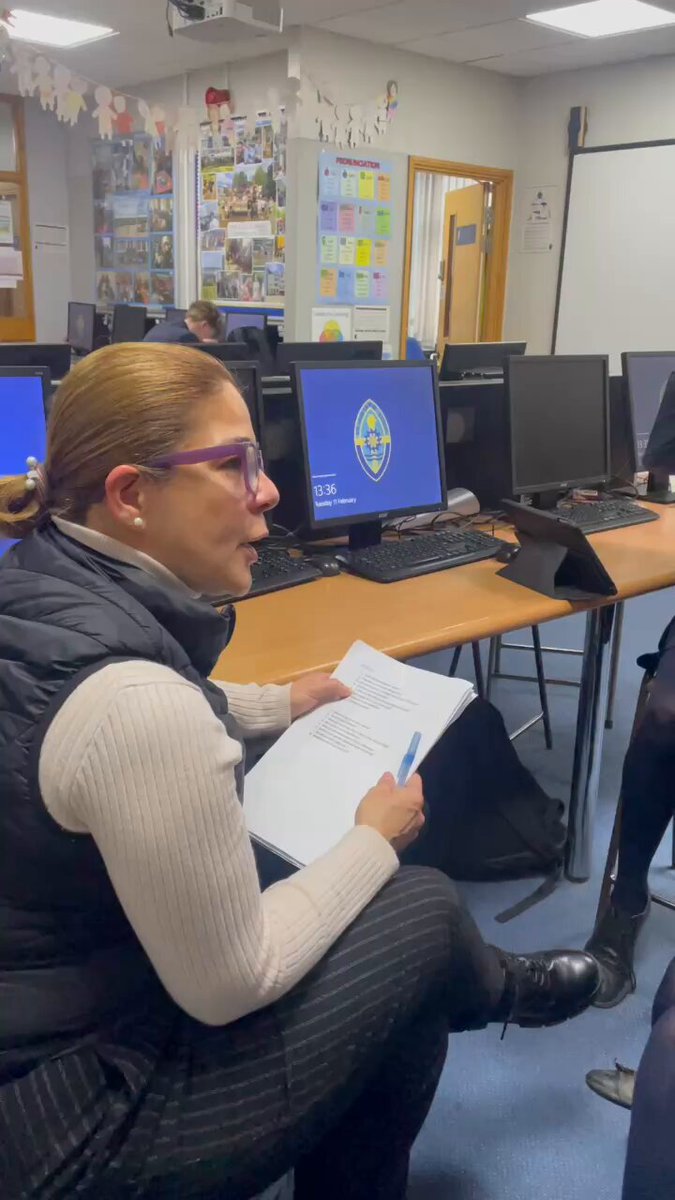Home Learning
We define homework as any task teachers set for students to complete outside of usual lessons. We believe that homework plays an important role in a student’s education. It gives students the opportunity to consolidate and practise the knowledge and skills that they have been taught in lessons, whilst allowing them to develop as independent learners.
Educational research suggests that homework is most effective when it is:
- Practice or rehearsal of subject matter that has already been taught
- Clearly communicated and relevant to the course of study
- Purposeful, planned for, and an integral part of the sequence of learning
- Efficient and achievable within a fair amount of time
- Accessible, so that all students can benefit from it
Protocols for teachers
- Teachers will set homework on EduLink. This communication will be timely enough for students to be able to organise the completion of their work.
- Teachers will communicate homework tasks as clearly as possible so that students know what they are doing and why they are doing it. It may be necessary to insert links to websites or other apps, or to attach documents that give guidance and success criteria.
- Teachers will set homework that is accessible and appropriate for the students who are completing the task. Where necessary, some students will receive differentiated homework.
- There is no set homework timetable. Instead, the nature and timing of homework tasks will be indicated by each faculty’s curriculum plan, allowing some flexibility for the needs of each teacher and class.
- Teachers will leave an adequate time period for students to complete homework. There is flexibility for teachers to set deadlines that are appropriate, but it is good practice to set a deadline that includes a weekend and teachers will not set homework to be handed in the next school day.
- There is no set time limit for homework tasks, but teachers will be mindful of the quantity of homework students receive from other subjects and consider the time it takes students to read instructions and gather resources.
- Where project work or longer tasks are set for homework, it is good practice for teachers to chunk the homework into weekly steps so that students remain on track for their deadlines and do not leave the work to the last minute.
- In the weeks approaching internal and external exams, homework tasks will be designed to help students revise and prepare for exams. Students will also be given guidance on how to revise.
- All homework will be acknowledged and useful for the sequence of learning. Where appropriate, teachers will give feedback on the homework tasks that students complete.
- Heads of faculty and teachers will aim to ensure that the volume and quality of homework is as consistent as it can be for all the students studying their subject(s).
- All teachers understand the benefits of homework as part of a healthy work-life balance. Therefore, teachers appreciate that the quality of the work set is more important than the quantity and that homework set for homework’s sake is ineffective.
Protocols for students
- Students will check their EduLink every day so that they are clear about the homework they need to complete and do not miss any deadlines.
- Students will carefully read all the instructions and support materials for each homework task so that they fully understand what they need to do and can complete the work to the best of their ability.
- Students will organise their time so that all homework tasks set on EduLink are completed by the deadline. When homework is completed, students will indicate this on EduLink so that they can manage their own deadlines.
- Although teachers and faculties have the flexibility to decide on appropriate sanctions for students who do not complete homework on time or to an acceptable standard, students should accept that not submitting homework by the deadline may result in a detention in the first instance.
- If a student cannot complete the homework for a valid reason (e.g. cannot access the resources, too many evening commitments in a short deadline), then the student will take responsibility for this by contacting the teacher at least 24 hours before the deadline. An extension might be negotiated, but if a teacher deems an extension unnecessary or if the student does not contact the teacher ahead of the deadline, then the student should expect a sanction.
- If a student is struggling with a homework task and does not understand what to do, they should, first and foremost, try their best to complete the work in any case. Students understand that not all work comes easily and having the resilience to learn through mistakes is a necessary part of the learning process. If a student then feels that help is still needed, they should contact their teacher before the homework deadline.
- If a student is struggling with homework more widely, they will make use of the support available to them. This will involve opportunities such as: attending homework clubs, speaking to teachers or TAs, meeting with teachers or TAs outside of lessons, and using EduLink regularly to help organise their deadlines.
- Students understand that the homework set is the minimum work they are to complete outside of lessons. Students are also encouraged to go over the work they complete in lessons each week, do wider reading, and engage with the SJL Extension Materials. This is especially important for students in exam years, who need to do their own independent revision in addition to the homework set.
- Sixth form students should see ongoing revision as part of the course and take ownership of their studies outside of lessons. This means that there may be work to complete and further research to undertake, which is not necessarily communicated as formal homework.
Protocols for parents and carers
- Parents and carers will check their child’s EduLink several times a week so that they can support their child with their homework and help them meet deadlines.
- Parents and carers will provide their child with a suitable place and sufficient time to complete their homework in the family home. If this is not possible, parents and carers will contact the school to see if arrangements can be made for their child to complete homework at school.
- Where their child has spent the maximum amount of time and effort on a homework task but has not been able to complete it, parents and carers will inform the teacher so that the teacher can take this into account and support the student appropriately.
- Parents and carers will encourage their child to engage with wider reading and the SJL Extension Materials, and to go over prior learning.




























